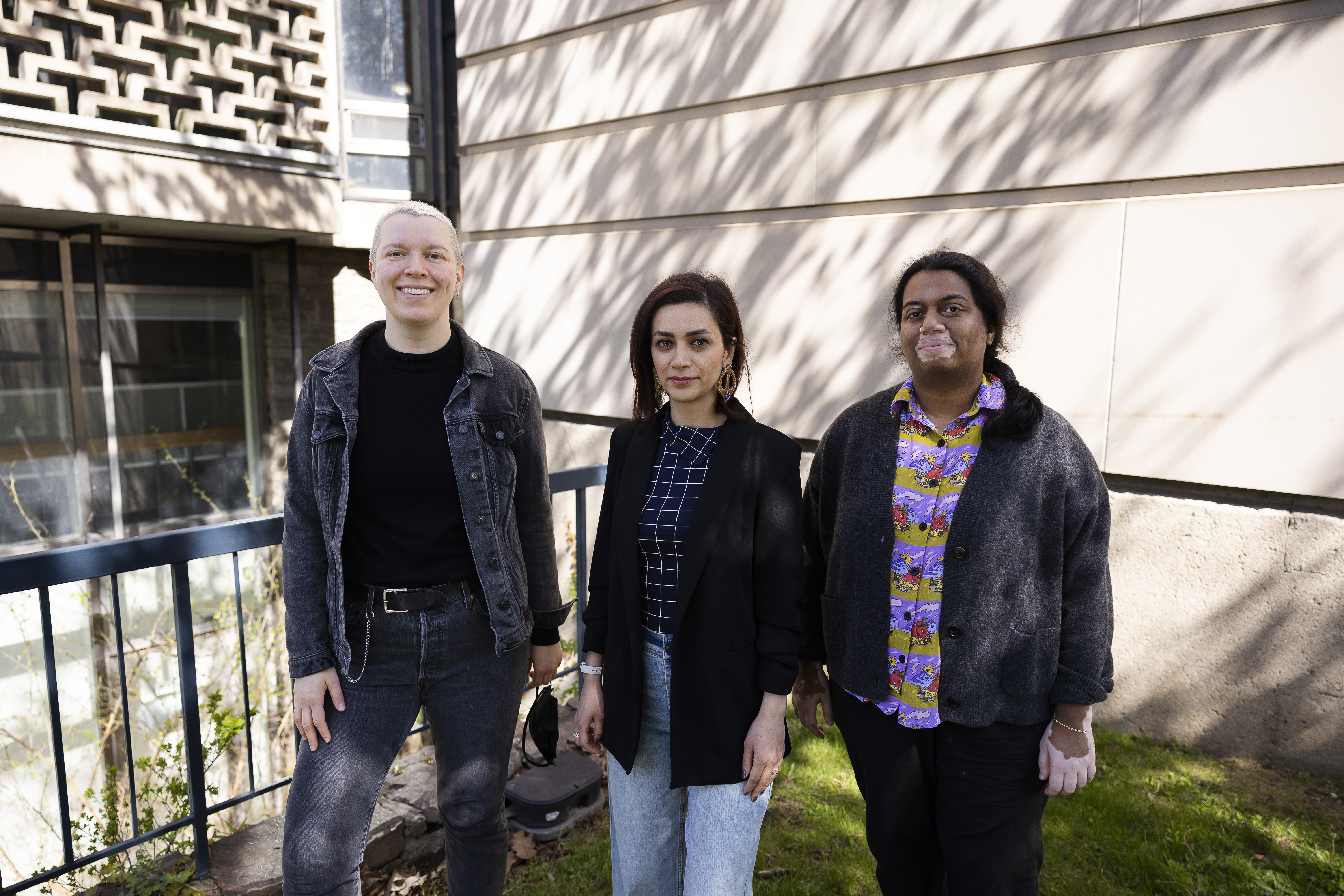
A new toolkit is empowering community organizations to manage the data they collect through research projects and partnerships with other researchers and data professionals.
The Community Research Data Toolkit, launched in fall 2025, lives online in open-access formats available and adaptable for use by everyone at no cost.
While data management practices are often associated with numbers-based research, the toolkit is for research data collected from community research participants, such as through surveys, oral histories, and interviews.
“We hope this toolkit can help groups that currently don’t have research data management capacity so they can use it to support their work, including advocating for funding,” said Subhanya Sivajothy, data analysis and visualization librarian.
The tools reframe data management for community research work, covering topics such as collaborative conversational data management plans, establishing roles and responsibilities, and ways for communities to be involved in controlling access to data once the project is complete.
Launching with a workshop last year with contributions from the Hamilton-Wentworth District School Board, Hamilton Anti-Racism Resource Centre, and Social Planning and Research Council of Hamilton, the toolkit was developed by the research data management team at the Lewis and Ruth Sherman Centre for Digital Scholarship in collaboration with the Office of Community Engagement and research data management professionals from across Canada.
This toolkit is meant to be an open source “insert” that could be added to other resources. While many resources provide guidance on community research, they are generally missing critical information on data management. These resources are shared using a Creative Commons licence, meaning the templates and guidelines can be used, copied, and adapted to fit each organization, provided researchers cite the toolkit authors.
The resource was created specifically for community organizations engaging in research. It is also intended to be used for collaborative projects between academic researchers and community groups.
Danica Evering, research data management specialist at McMaster University Libraries, says the timing of this toolkit is important.
“When we look at this in the context of what is happening in the United States right now, I think at one point it might have felt safer for folks from a racialized background or folks who are queer or trans to share data openly,” said Evering. “Where will data live? Who controls access to it in the long term? These are just some of the critically important questions we’re hoping to build capacity around so community organizations and researchers can continue their important work.”
This project was funded by the Social Sciences and Humanities Research Council (SSHRC).
Download the Community Research Data Toolkit
The free toolkit can be accessed at https://u.mcmaster.ca/datatoolkit.
